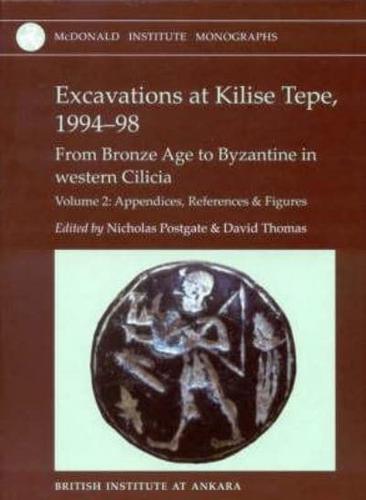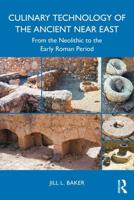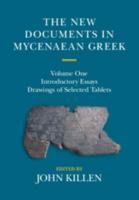Publisher's Synopsis
These two volumes report on five season's excavation and four millennia of occupation at Kilise Tepe, from the Early Bronze Age through the rise and fall of the Hittite Empire and into the Byzantine era when the mound was crowned by a substantial church. The site takes its importance from its position guarding the Göksu Valley, one of the two main routes from the interior of Anatolia to the Mediterranean opposite Cyprus, so that it gives a record of relations between the interior and the seaboard. Of particular interest are the sequence from the Hittite Empire through the end of the Bronze Age and into the classical world, and the Byzantine levels associated with the church. The multi-authored report gives a full account of the stratigraphy and architecture, the ceramics and other artefacts, and various environmental studies.









